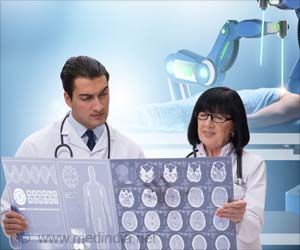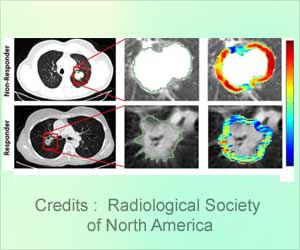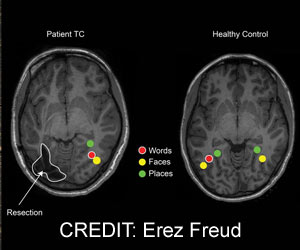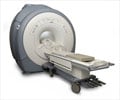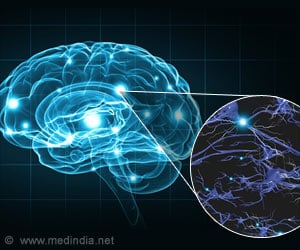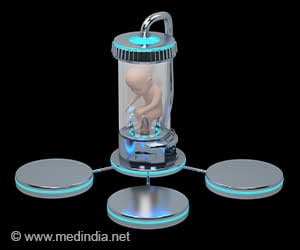
‘Using artificial intelligence technology deep learning, brain MRI images can be labelled automatically.’
Tweet it Now
A new study published in journal European Radiology is the first study that allows researchers to label complex MRI image datasets at scale.Usually, it will take years to manually perform labelling of more than 100,000 MRI examinations.
Deep Learning is a subfield of machine learning concerned with algorithms inspired by the structure and function of the brain called artificial neural networks.
This technology requires tens of thousands of labelled images to achieve the best possible performance in image recognition tasks.
This will be a hindrance to the development of deep learning systems for complex image datasets like MRI which is fundamental to neurological abnormality detection.
Advertisement
Researchers believe that their validation is stronger as they evaluated their model performance on unseen radiology reports, and unseen images.
Advertisement
To perform the deep learning image recognition tasks, they need to overcome multiple technical challenges. Once this is achieved, they must ensure that the developed models can still perform accurately across different hospitals using different scanners.
This study was possible due to broad team of experts and a huge base of supporting organizers and facilitators who helped in delivering this research.
Obtaining clean data from multiple hospitals across the UK is an important step to overcome the next challenges. They are also running an NIHR portfolio adopted study across the UK to prospectively collect brain MRI data for this purpose.
Source-Medindia


